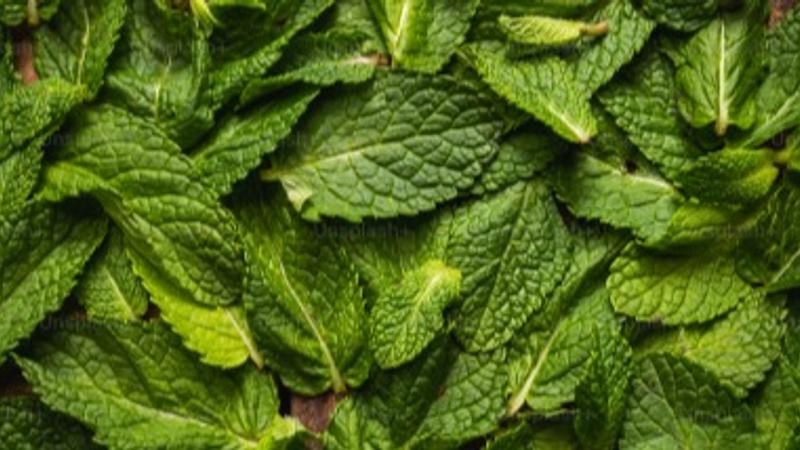Published 17:16 IST, September 16th 2024
FSSAI Unveils Home Test For Tea Leaf Adulteration
The (FSSAI) has introduced a straightforward method for consumers to test tea leaves for adulteration in the comfort of their homes..

The Food Safety and Standards Authority of India (FSSAI) has introduced a straightforward method for consumers to test tea leaves for adulteration in the comfort of their homes. This initiative aims to empower tea lovers to identify and avoid harmful chemicals that can have serious health consequences. By following these guidelines, individuals can ensure their tea remains pure and free from substances that may contribute to health issues such as hypertension, liver damage, and kidney problems.
Tea, often hailed by the ancient Chinese philosopher Lao Tzu as the "elixir of life," has increasingly become a target for adulteration. This issue poses a significant risk to health, overshadowing what is traditionally seen as a simple, everyday beverage.

In India, tea is more than just a drink—it's a cherished daily ritual. Starting the day with a cup of tea provides not only an energy boost but also a range of health benefits. Tea is renowned for its high antioxidant content, including catechins and polyphenols, which combat oxidative stress and reduce the risk of chronic illnesses. Regular tea consumption is linked to improved cardiovascular health, as it can lower LDL (bad) cholesterol levels and enhance HDL (good) cholesterol levels. Additionally, tea may help manage blood pressure, further supporting heart health.
However, the presence of adulterants in tea can pose severe health risks. Contaminants such as pesticides, herbicides, and heavy metals like lead and arsenic can lead to serious health problems, including cancer, hormonal imbalances, and neurological disorders. Adulterated tea may also cause allergic reactions, ranging from mild rashes to severe anaphylactic responses.
To address the growing concerns over food adulteration, the FSSAI has released a comprehensive video on social media platform X, demonstrating how consumers can conduct a simple home test to check for tea leaf adulteration. This proactive approach allows individuals to protect themselves from the risks associated with contaminated tea.

Adhere to these simple steps:
Spread the tea leaves on the filter paper
Sprinkle with some water to make the filter paper wet
Wash the filter paper under tap water
Then observe the stains on the filter paper against light
5No stains will be observed on the filter paper with unadulterated tea leaves
The filter with adulterated tea leaves will have blackish brown coloured stains on it
Try this trick at home and share your feedback with us in the comment section.
Updated 17:16 IST, September 16th 2024



